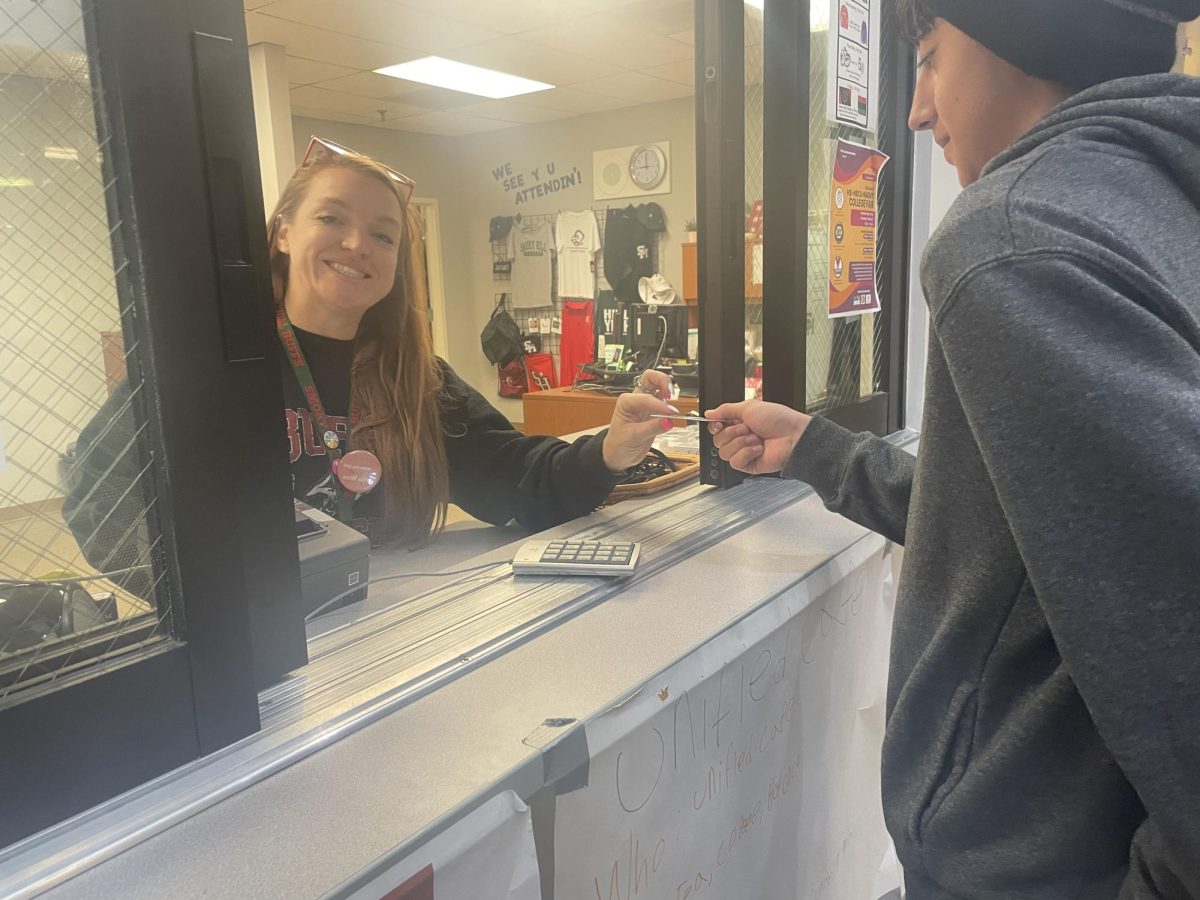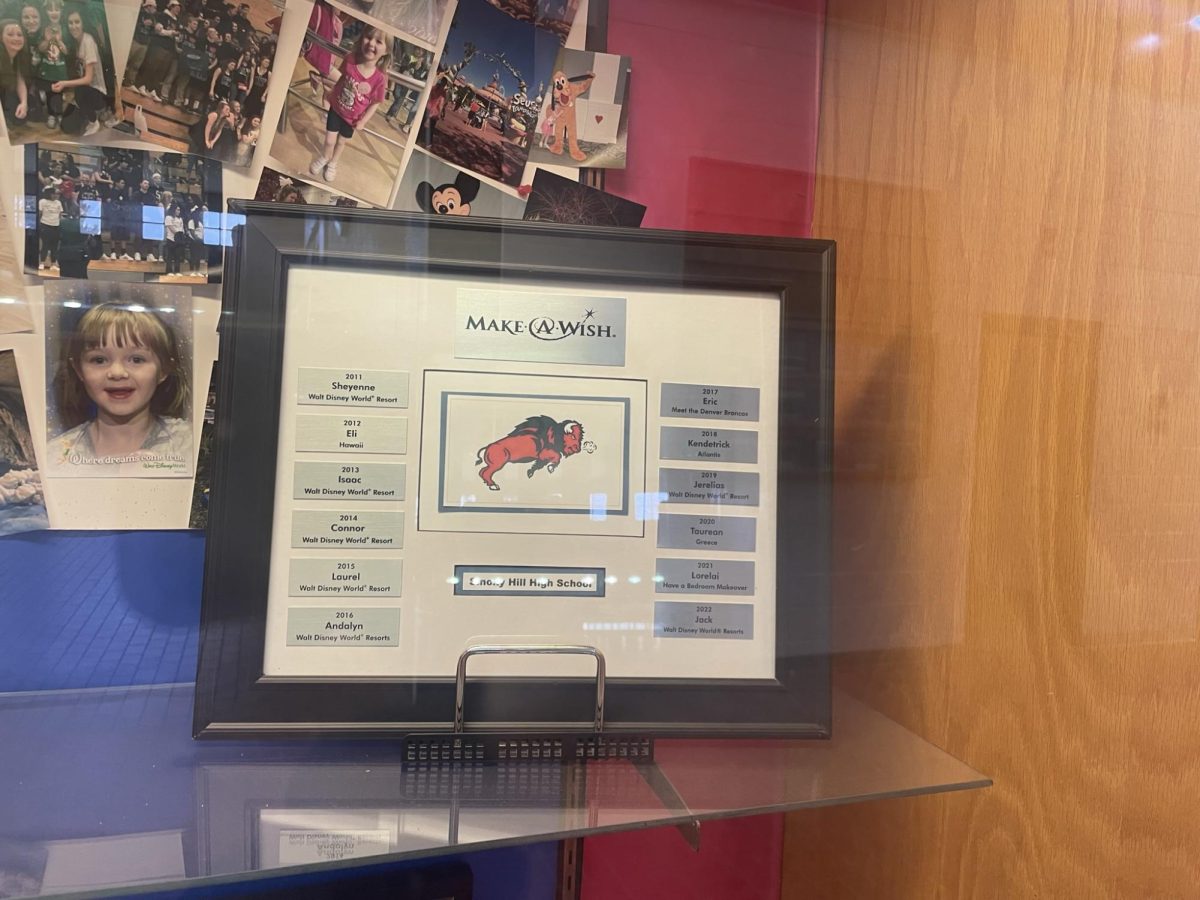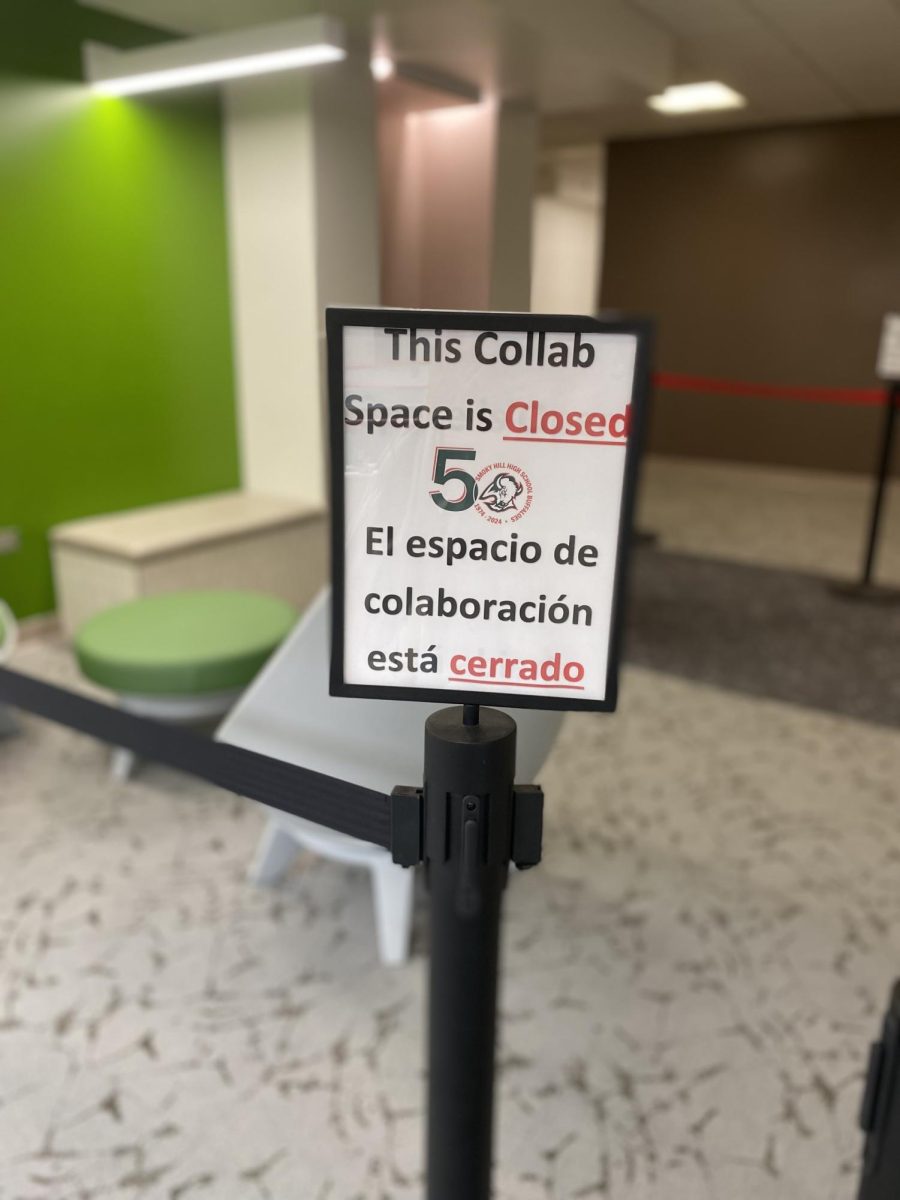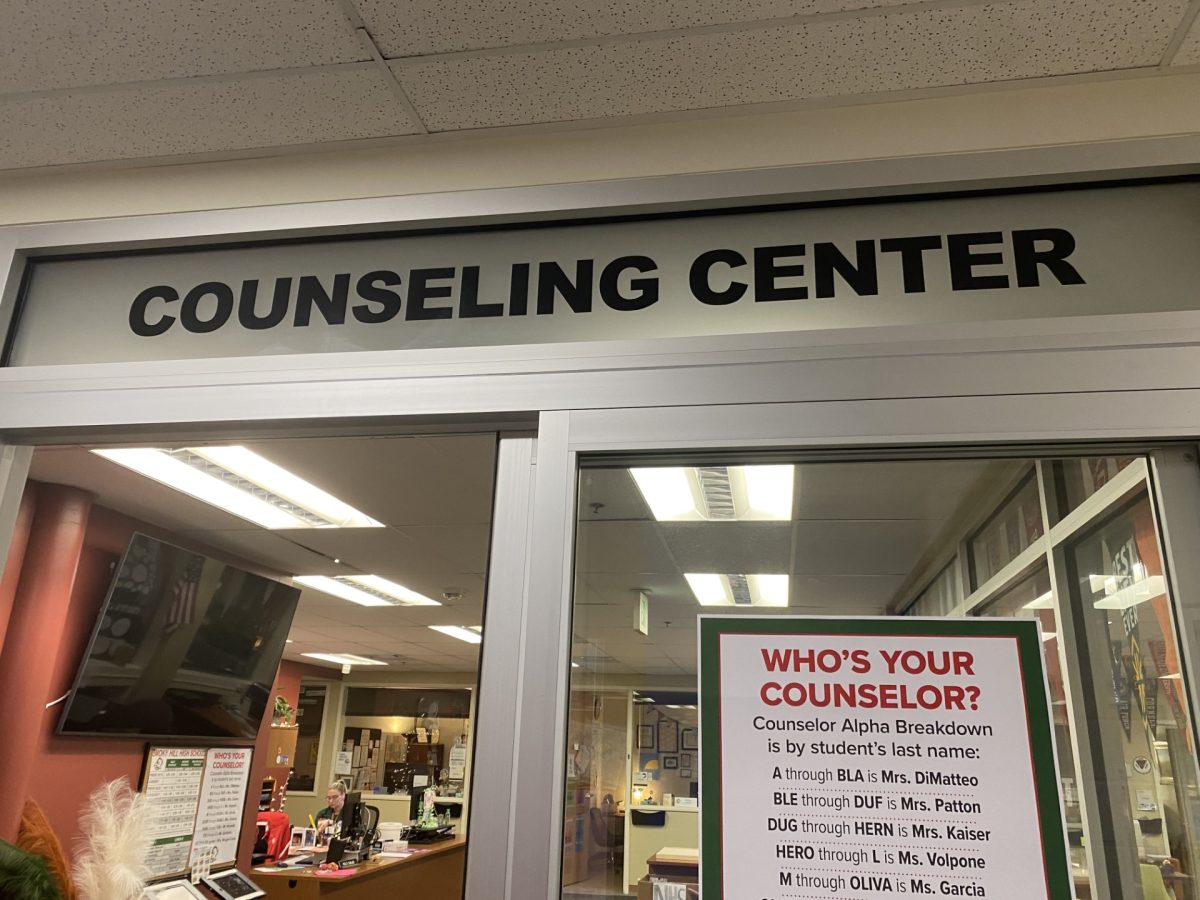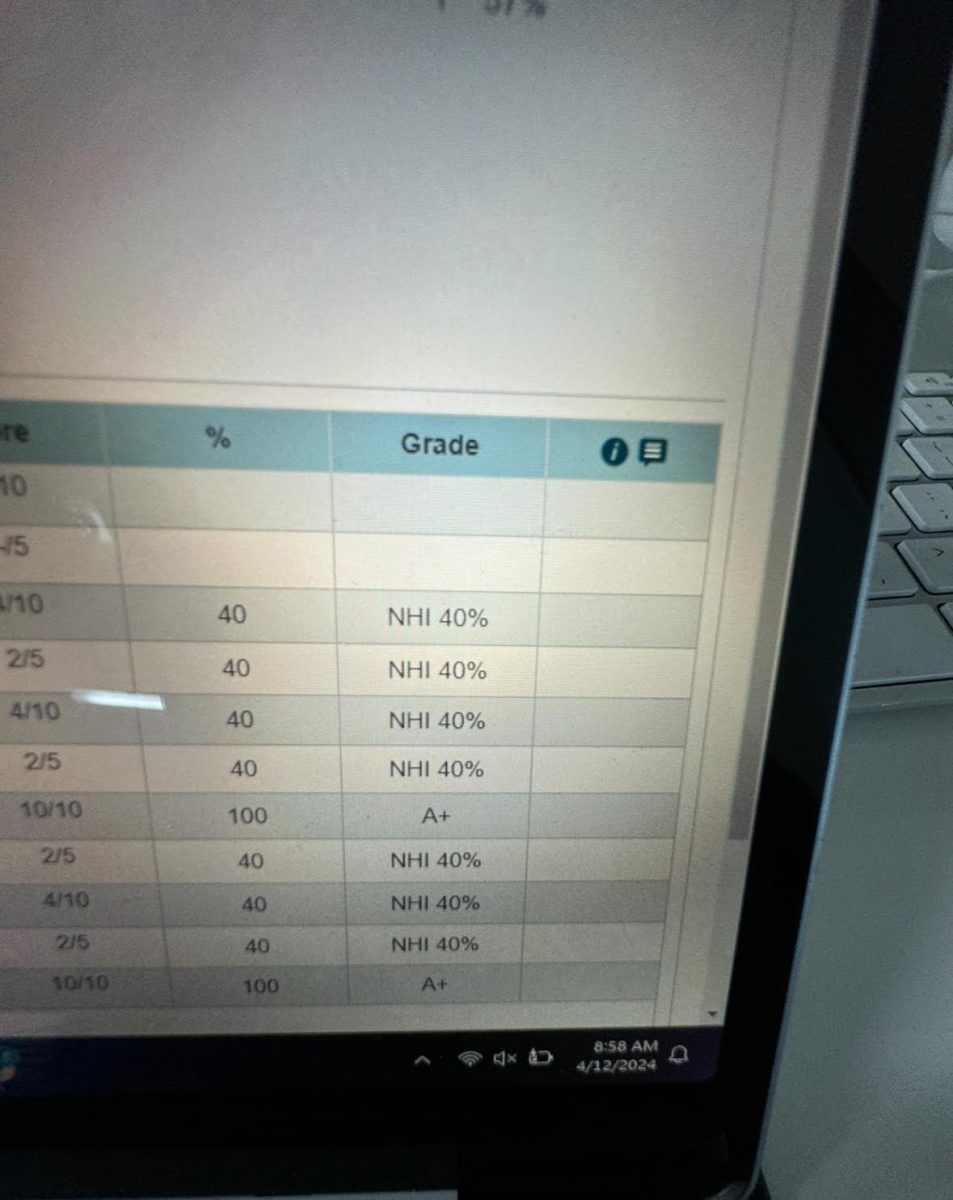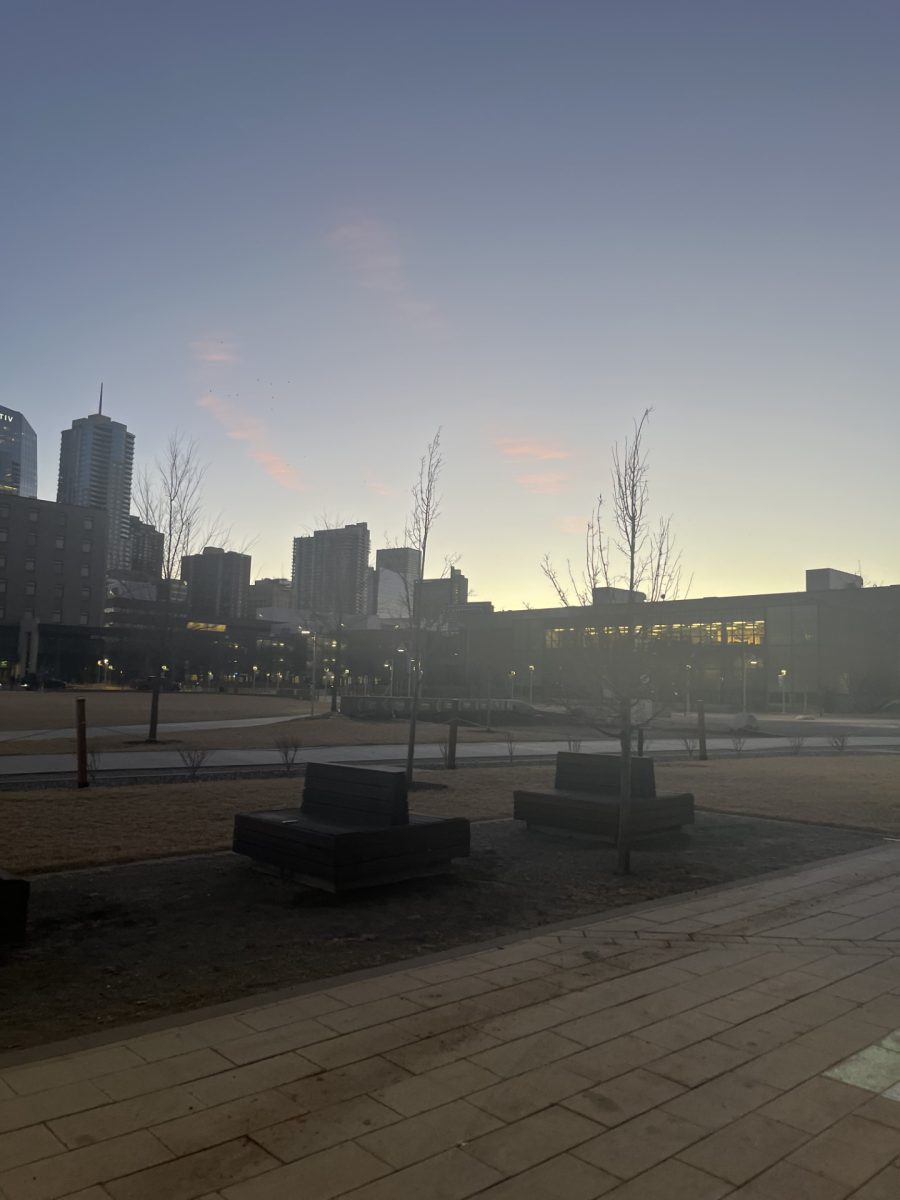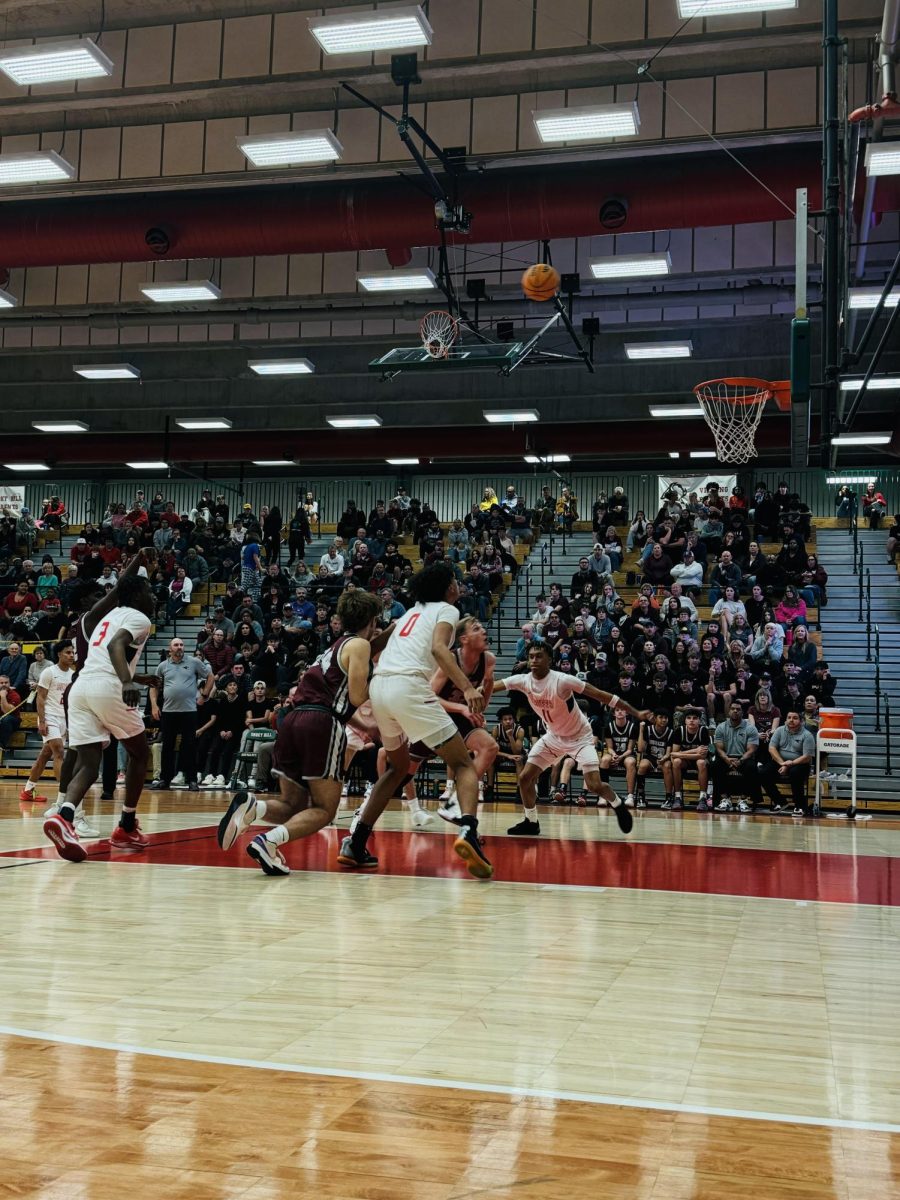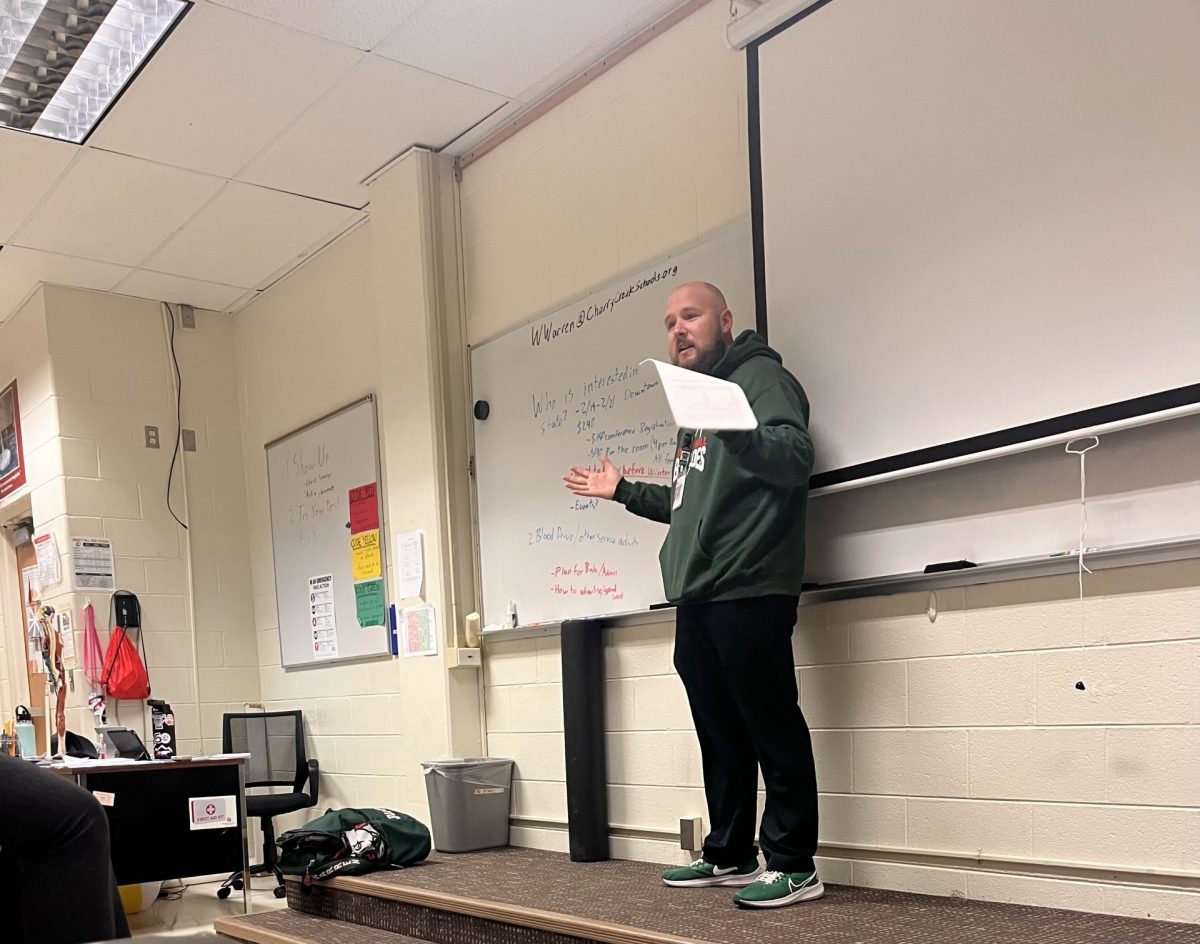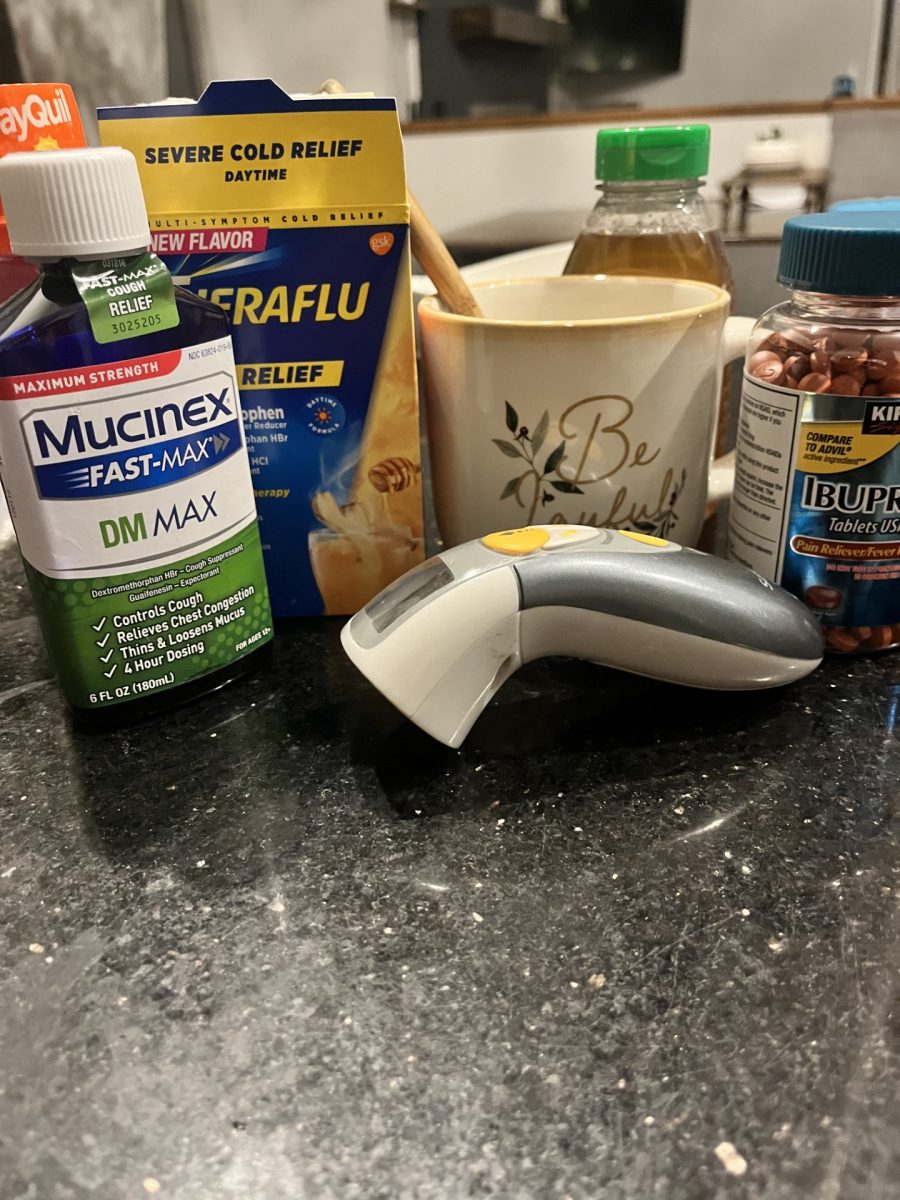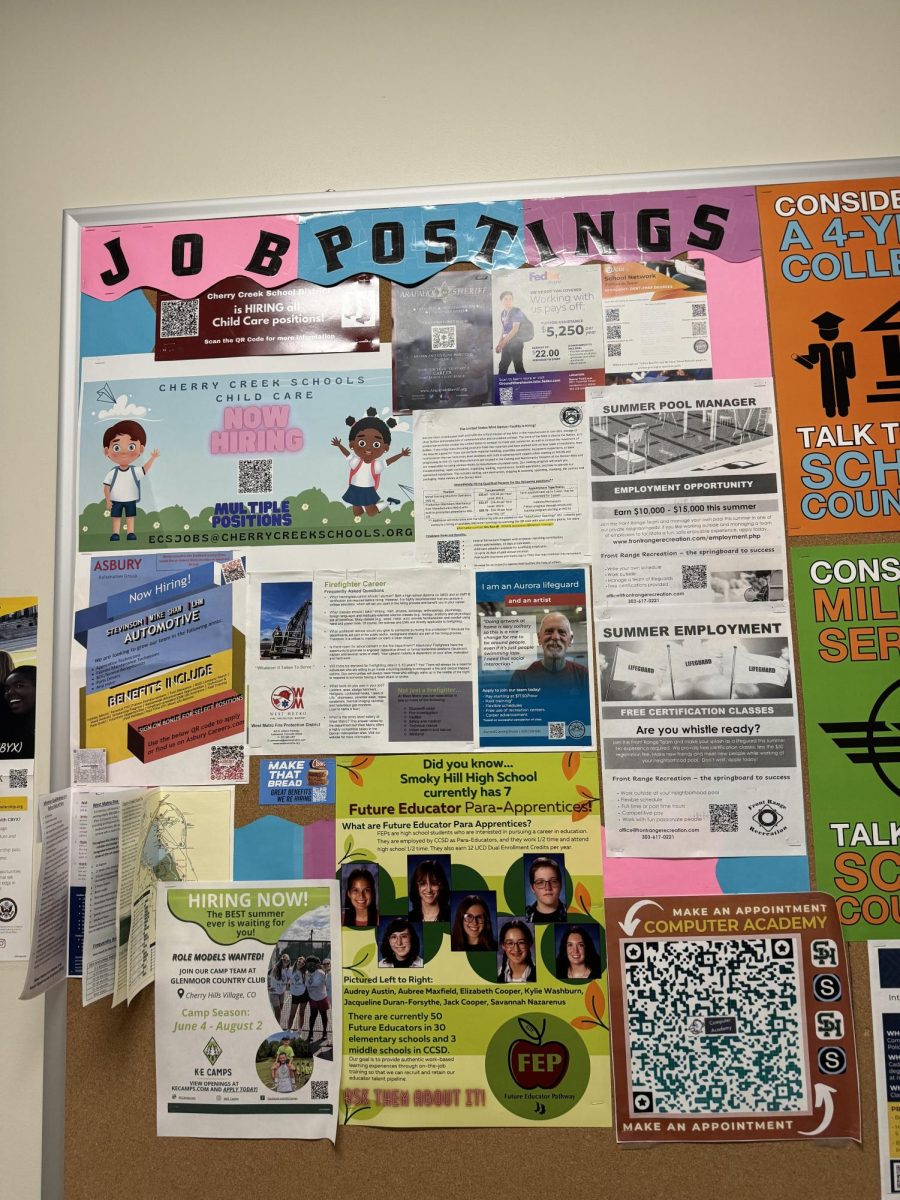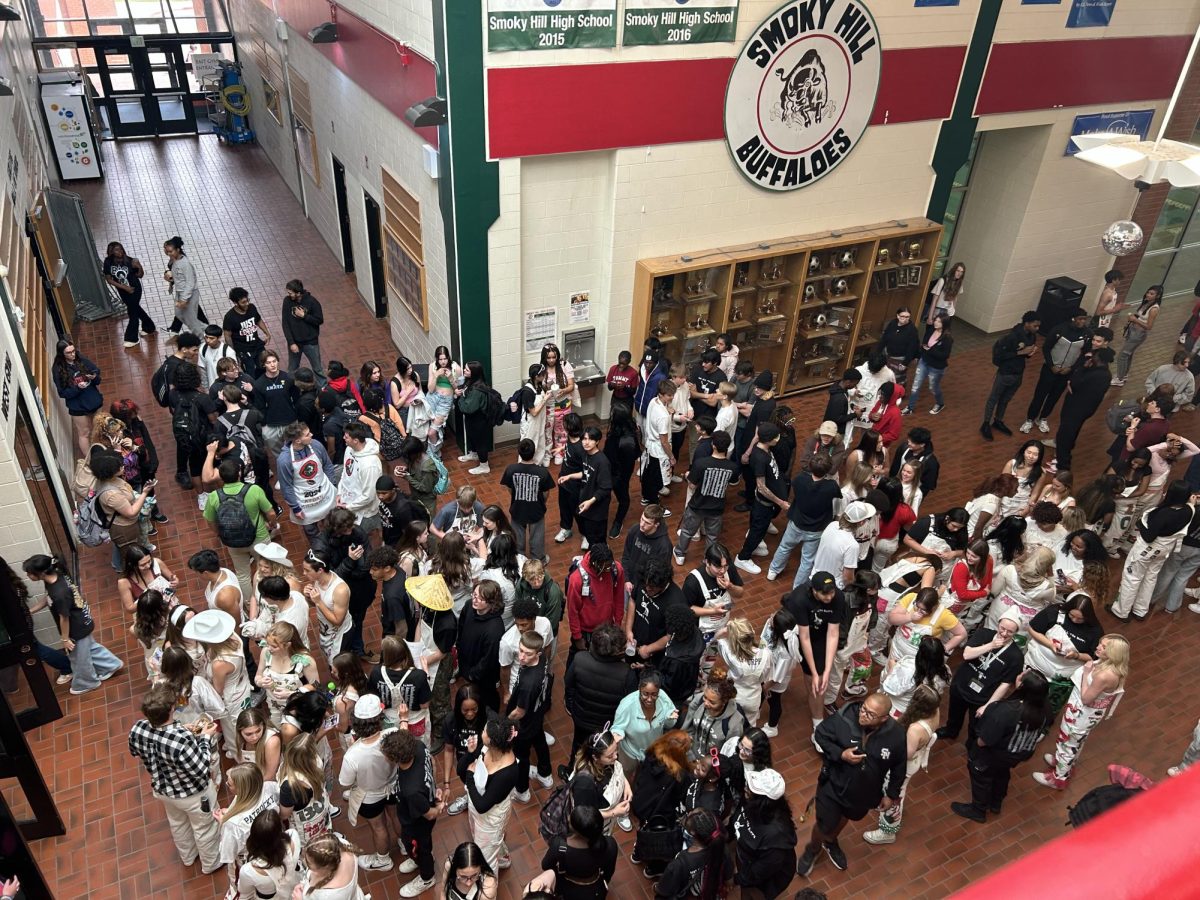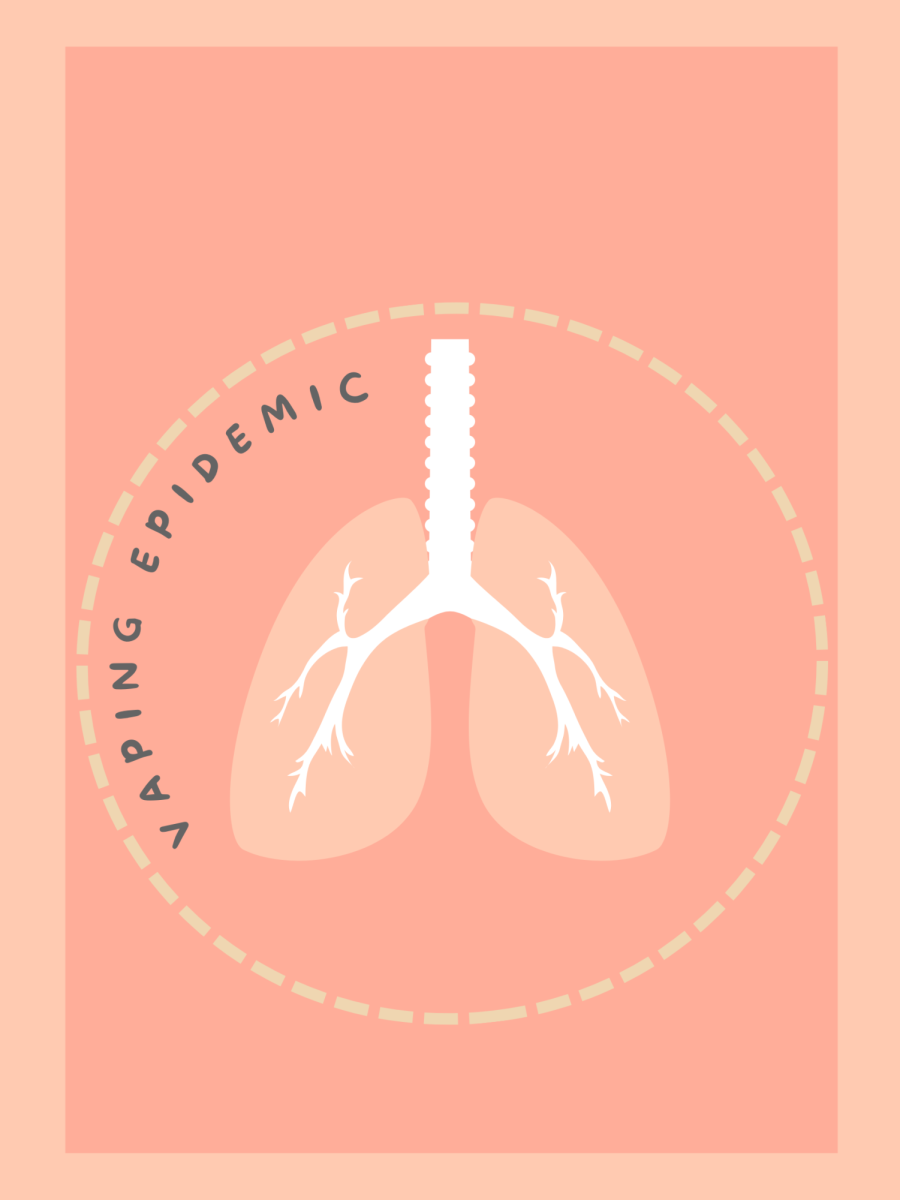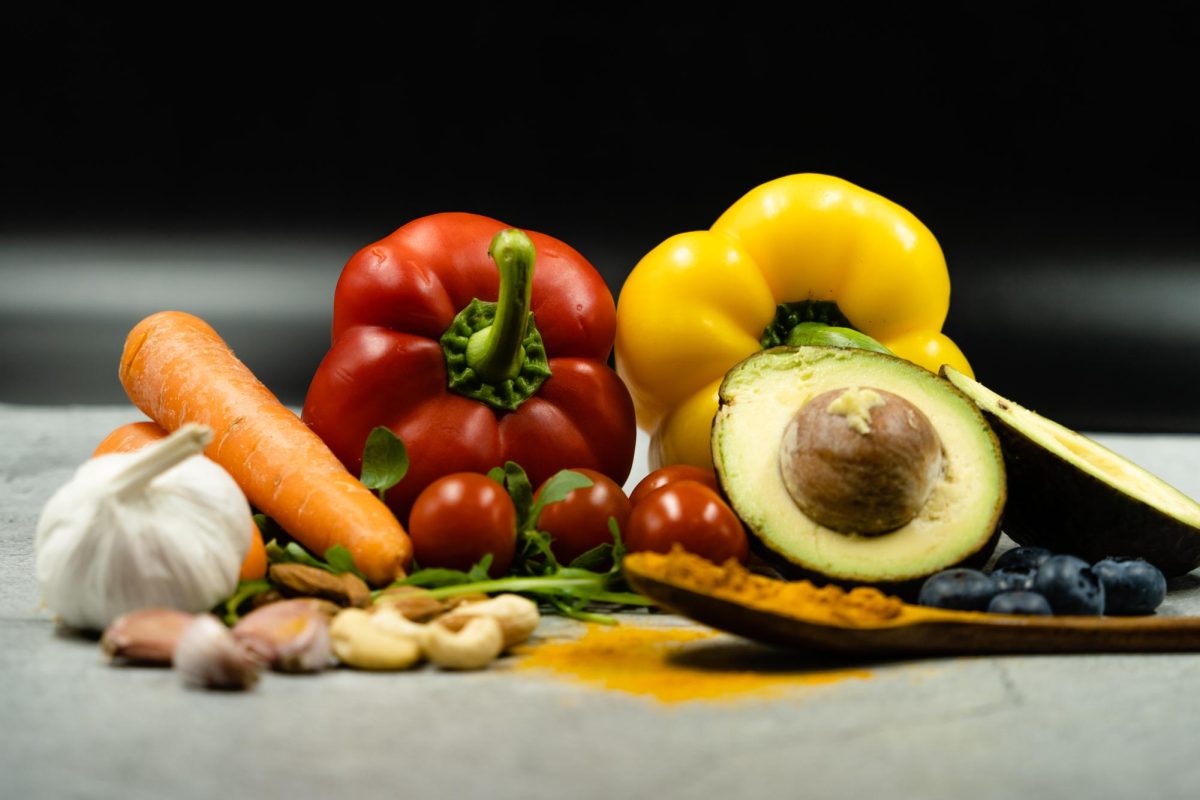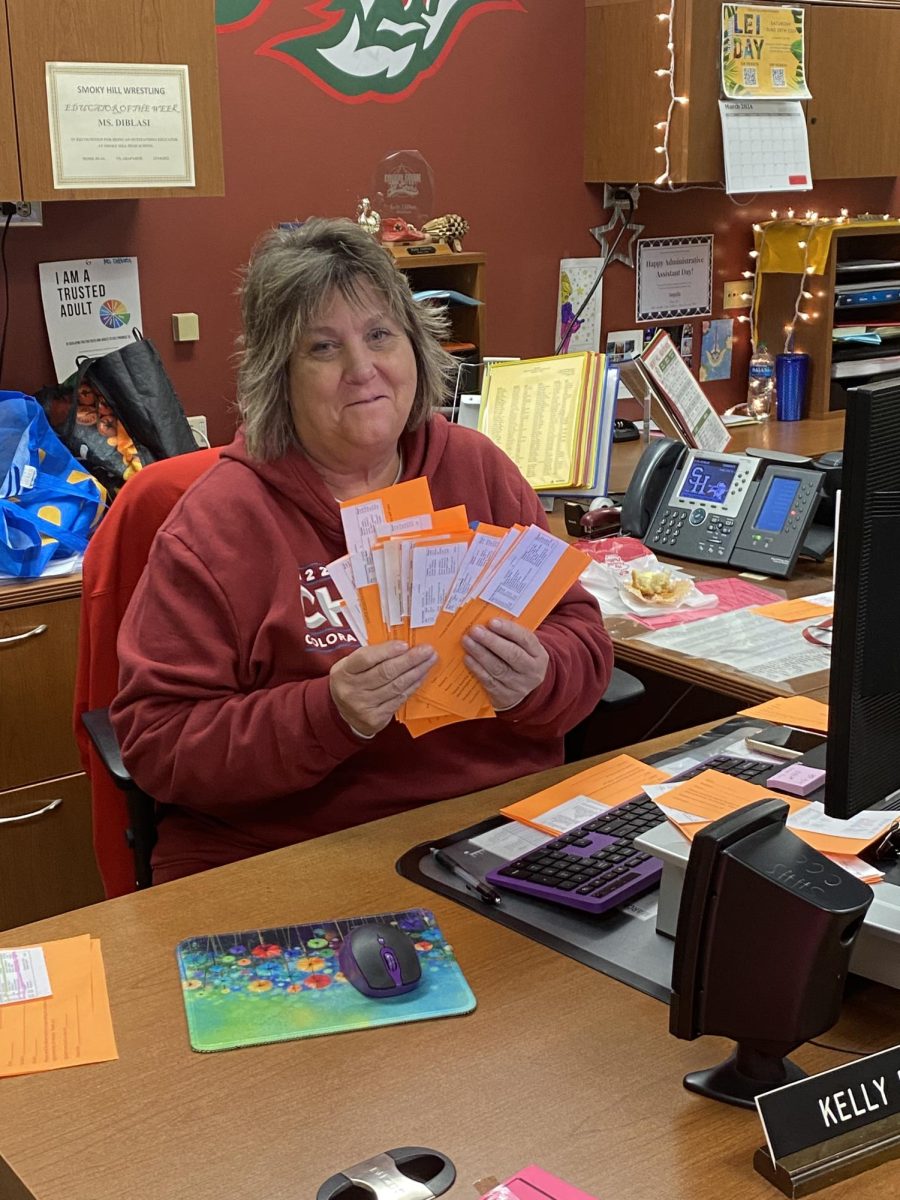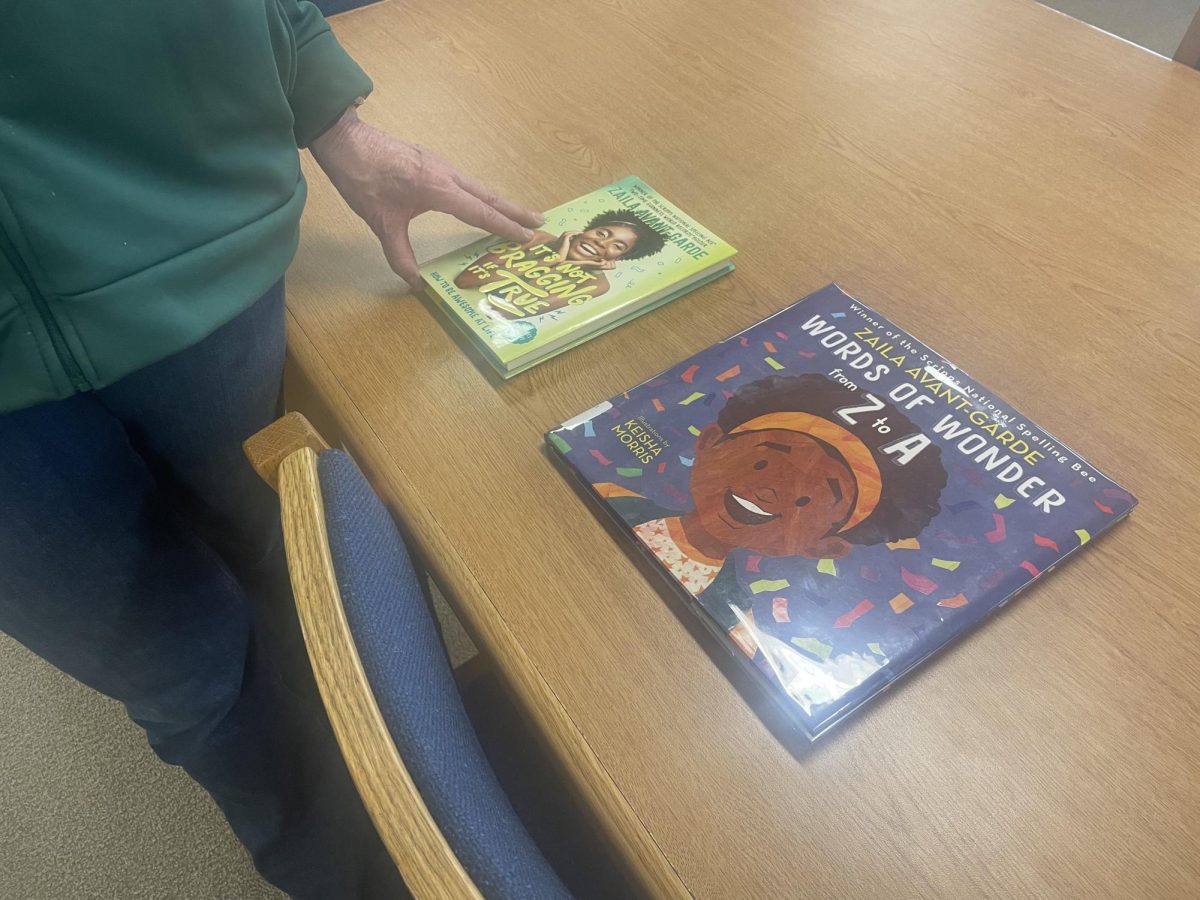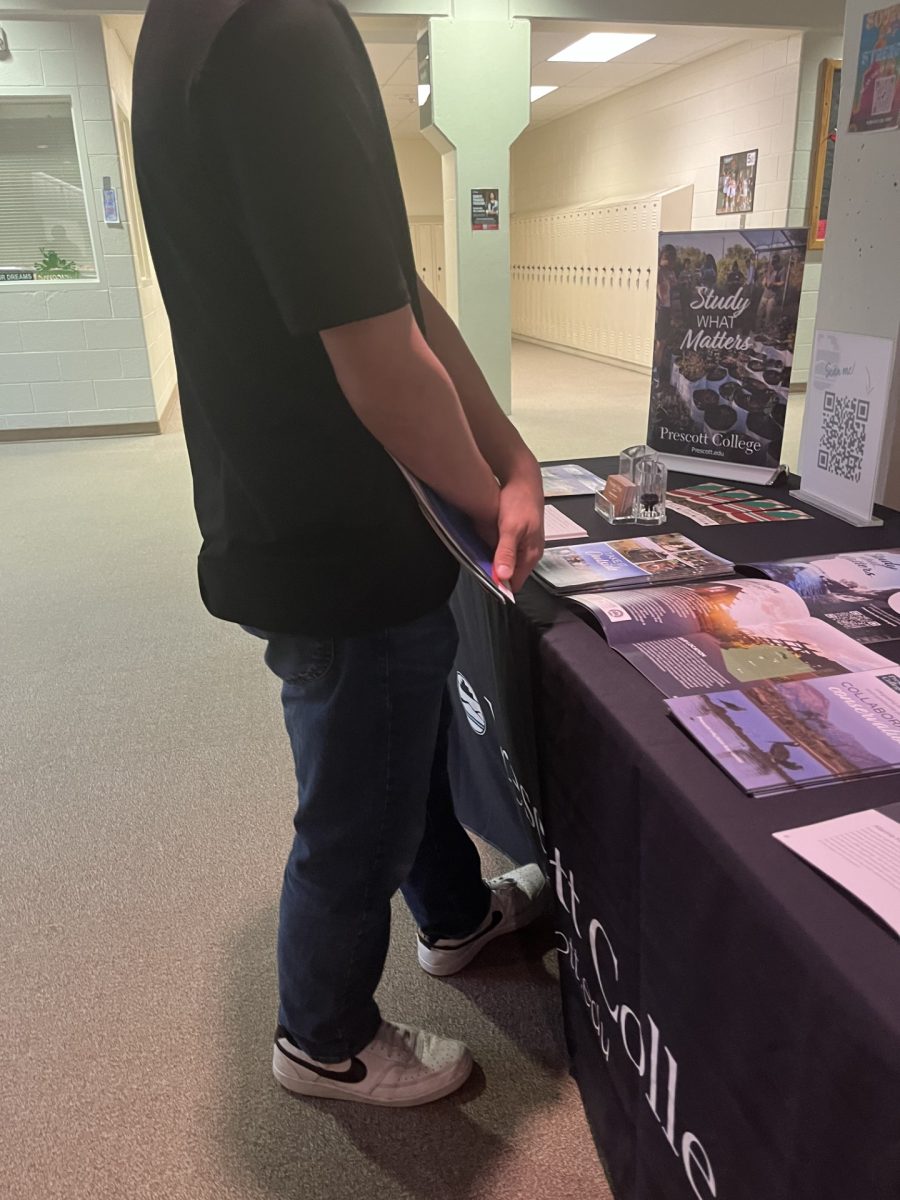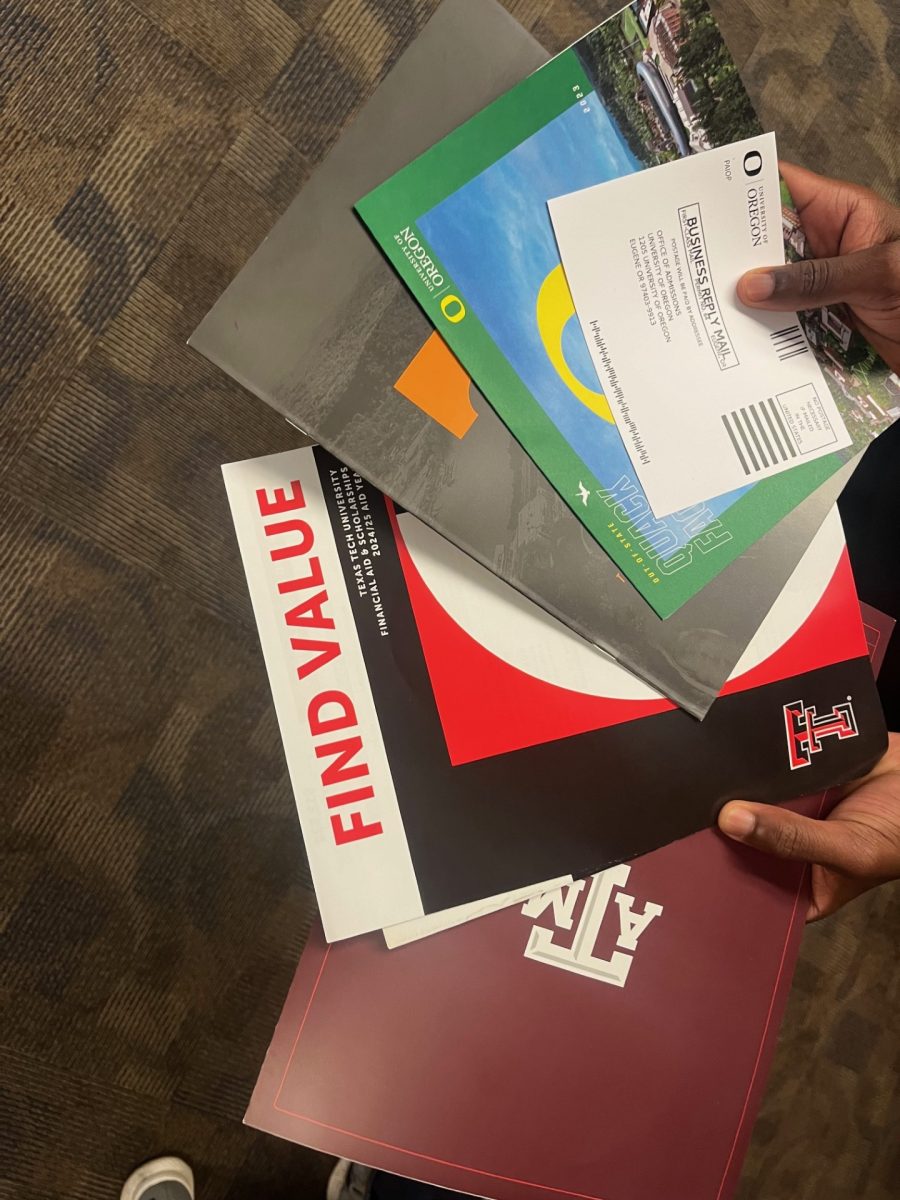According to the Centers for Disease and Control Prevention, also known as the CDC, it estimates that there have been at least 16 million illnesses, 180,000 hospitalizations, and 11,000 deaths from the flu and cold season so far this year.
While the rise of sicknesses in these colder months starts to increase, there are many reasons for sicknesses being spread more in the winter season.
After Winter Break Sickness
The ‘after-break sickness’ we see is the main reason for many students getting sick after break. The average case counts of students for the periods after Winter and Spring breaks ranged from 33 to 152, according to the University of Minnesota.
“A lot of times after a one- or two-week around the holidays, we see a pickup in sicknesses,” Alicia Budd said, head of the CDC’s Domestic Influenza Surveillance team according to NBC News.
The spread of sicknesses going around has a lot to do with being trapped in closed spaces.
“A main reason I feel people get sick on break is due to all the family time and traveling that is done throughout break,” Smoky teacher, Dr. Trey Lobpries, said.
Many students returning from vacations or being around out-of-town families can increase the amount of flu and colds going around.
The Cold
The weather plays a large part in why people are getting sick.
North Western Medicine states, “Low temperatures can increase the likelihood of getting sick due to the body not being as effective at fighting a virus when cold air enters the nose and upper airways.” Meaning that viruses such as the flu, COVID-19, RSV, and colds are more common during this time.
“I would say that for me the cold does really affect me getting sick,” Nia Pollard (10) said, “I mean during winter and spring I get sick at least 6 or 7 times.”
The likelihood of sickness during this season is extremely common due to the cold temperatures lowering the immune system.
“With the weather dropping as low as it has been, I wouldn’t be surprised if there’s an outbreak of colds and the flu this year,” Lobpries said.
Preventing Getting Sick
While prevention may not fully be possible, there are many ways that you can help keep yourself and others around you safer during the cold season.
According to Upstate Medical University, the best way to prevent sickness is:
- Keeping up with good hygiene (washing hands, throwing away tissues)
- Staying home while sick, alert your workplace or school that you’re unwell and stay home to limit exposing others
- Treat your symptoms, if you feel ill, take medicines and sleep


